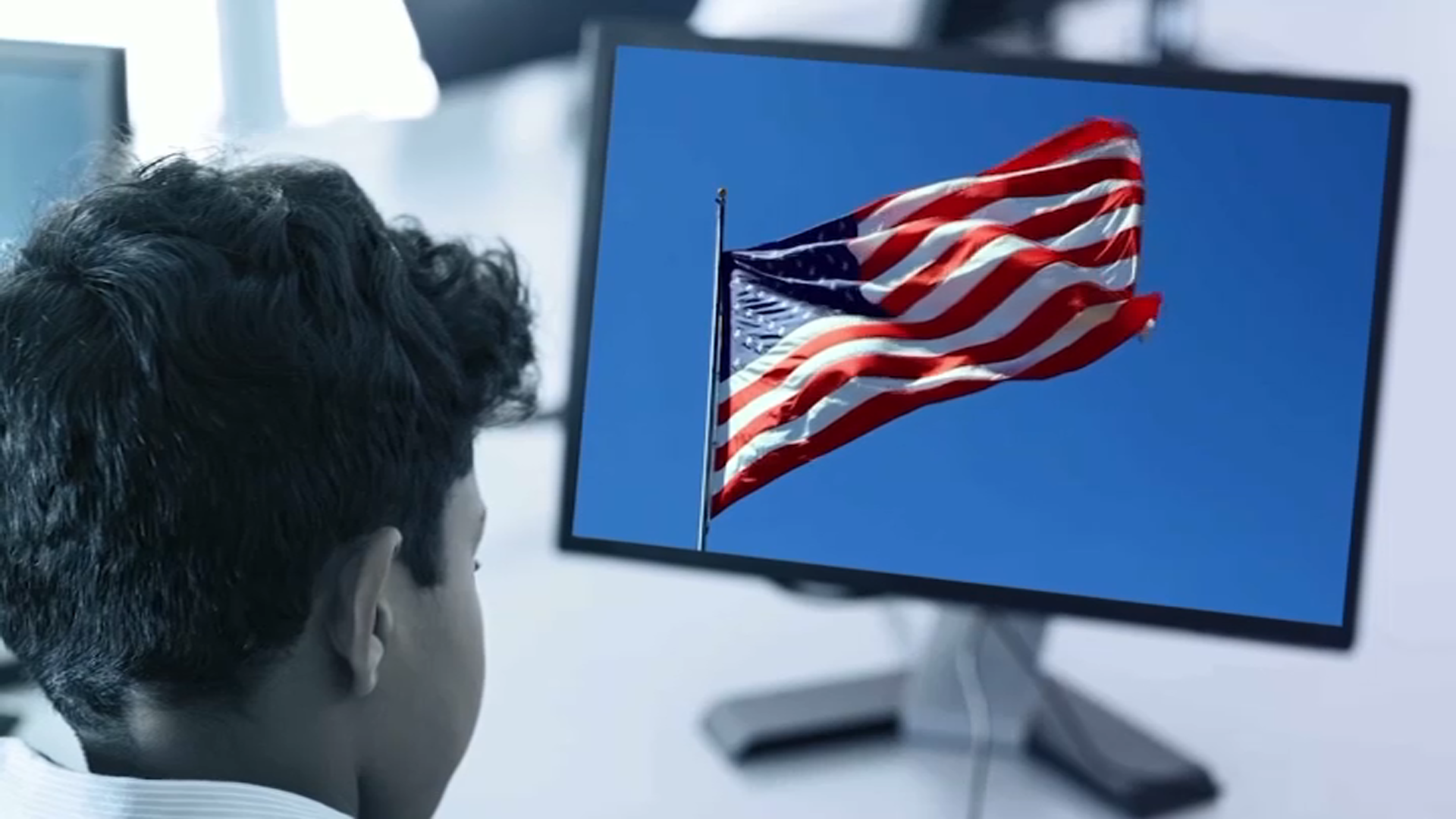September 11, 2001 is never far from the mind of Salam al-Marayati, a prominent Los Angeles activist.
"I just hugged my family. I was happy to be with my loved ones." he said of his reaction 20 years ago.
Born in Baghdad, raised in Arizona, al-Marayati co-founded the Muslim Public Affairs Council, or MPAC, three decades ago. The organization exists to craft public policy, support human rights and demystify Islam.
“Reading and hearing from diverse voices and perspectives has become not just important, but imperative," al-Marayati said at the 2021 MPAC Media Awards.
Get top local stories in Southern California delivered to you every morning. Sign up for NBC LA's News Headlines newsletter.
For him, faith in humanity is the baseline. He feels the Islamophobia that followed the attacks by 19 extremists could have been worse for American Muslims, if not for fellow Americans who rejected anti-Muslim bigotry.
"We as American Muslims could have gone into internment camps right after 9/11," he said. "But because of our friends & allies, the Japanese American Citizens League, one of the first organizations to come out after 9/11 and warn the country not to go through that nightmare again," that didn't happen.
"Right after 9/11 people were asking, what is the Muslim community all about?" al-Marayati said. "We were invisible. 9/11 put us front & center."
Muslims practice or identify with the religion of Islam, and are the most ethnically diverse faith community in America.
After 9/11, many mosques invited non-Muslims to stop by and learn.
Even so, problems remain. US airport personnel question al-Marayati's patriotism when he travels, he says.
"On my way back I would get stopped every time," he said. "And they would ask me what were you doing there? I would say I was there on behalf of our government, the United States! And they would wonder, why would they send you?”
In fact, he was in Washington DC on Sept. 11, when the planes struck.
"On 9/11 we were walking to the White House for a meeting that was scheduled with President Bush," he recalled. "It was a number of American Muslim political organizations. Like MPAC.”
That meeting was cancelled.
Days later, when flights resumed, al-Mayarati returned to LA to focus on the battles against hate and scapegoating, which he feels have intensified.
"Even though white supremacist violence is still the greatest threat to our country today, Muslims are still seen as the ones to worry about," he said. "We’re dealing with this double standard to this day."
His mission now is ensuring American Muslims are heard in this post 9/11 world, and are talked to, rather than talked about.
His team at MPAC now trains American Muslims born after 9/11 in public policy & media.
"Even though the government had policies that we disagreed with, starting with the War in Afghanistan, the War in Iraq, to the Patriot Act and the constant surveillance to this day," al-Marayati said.
Salam al-Marayati says he’s proud to enable the work in the greatest nation on Earth.
"At the end of the day I wouldn’t want to live anywhere else," he said. "I’m proud as an American and a Muslim, and I feel Islam has a home in America. In fact I don’t think Islam has any better home than America."




